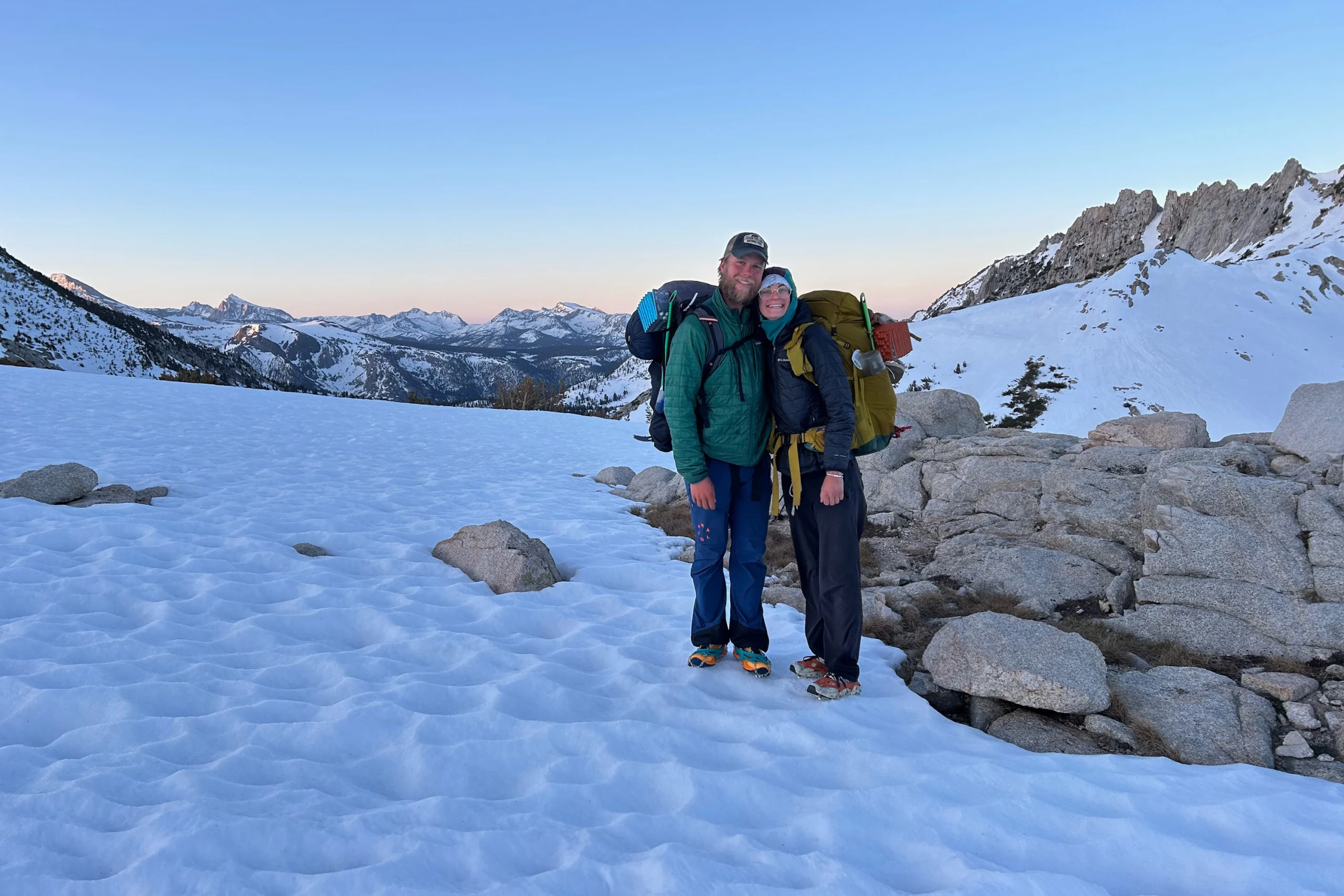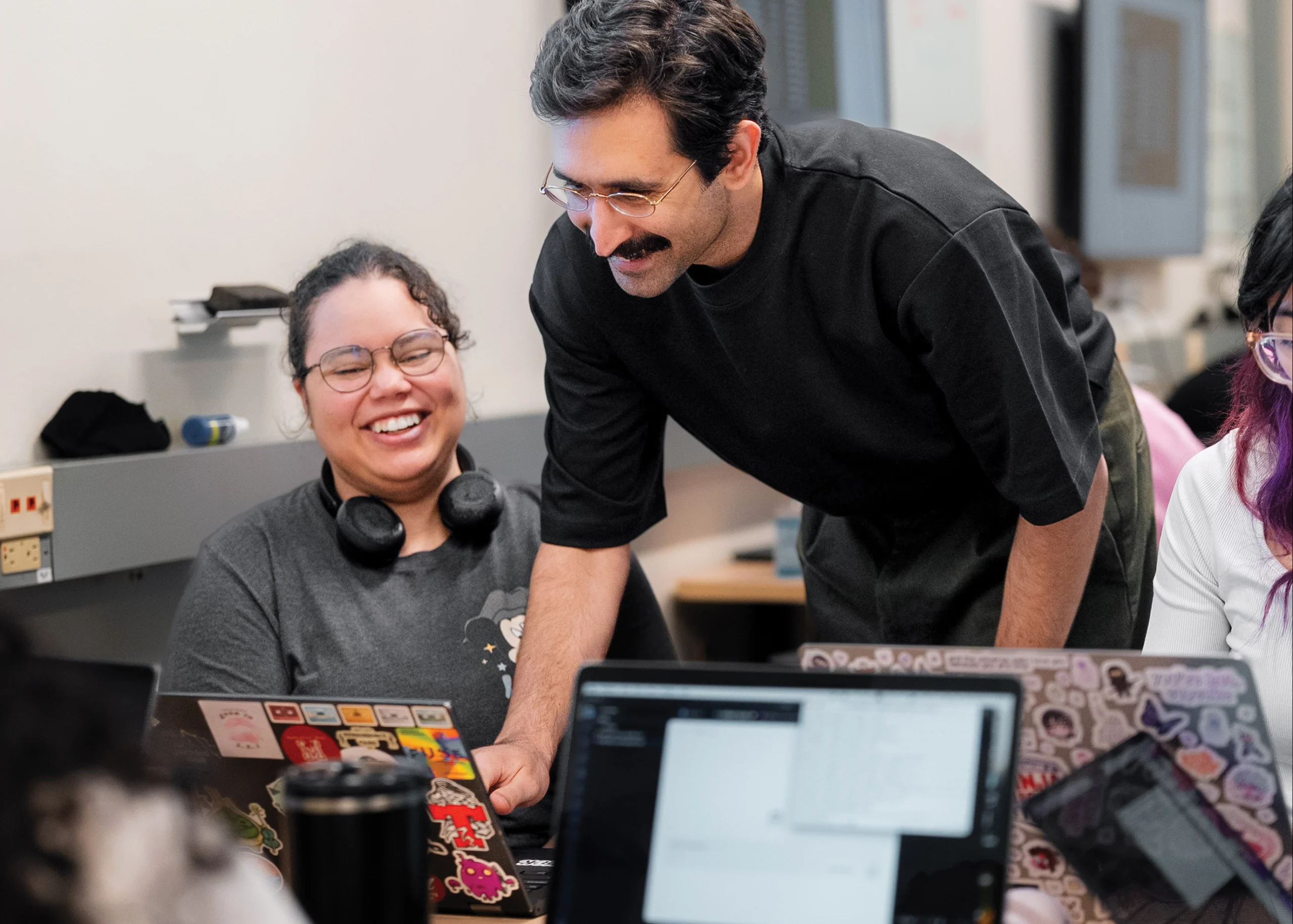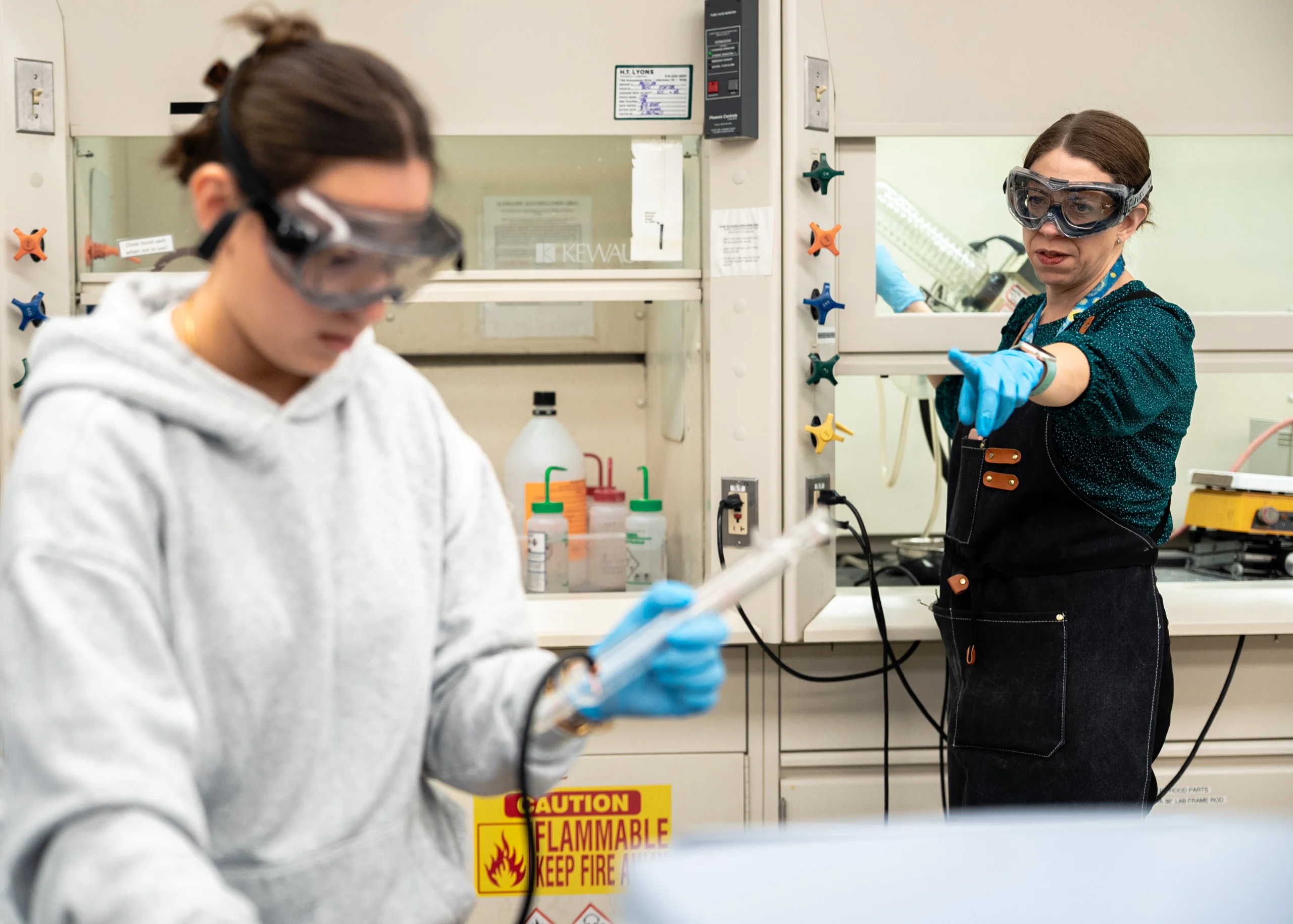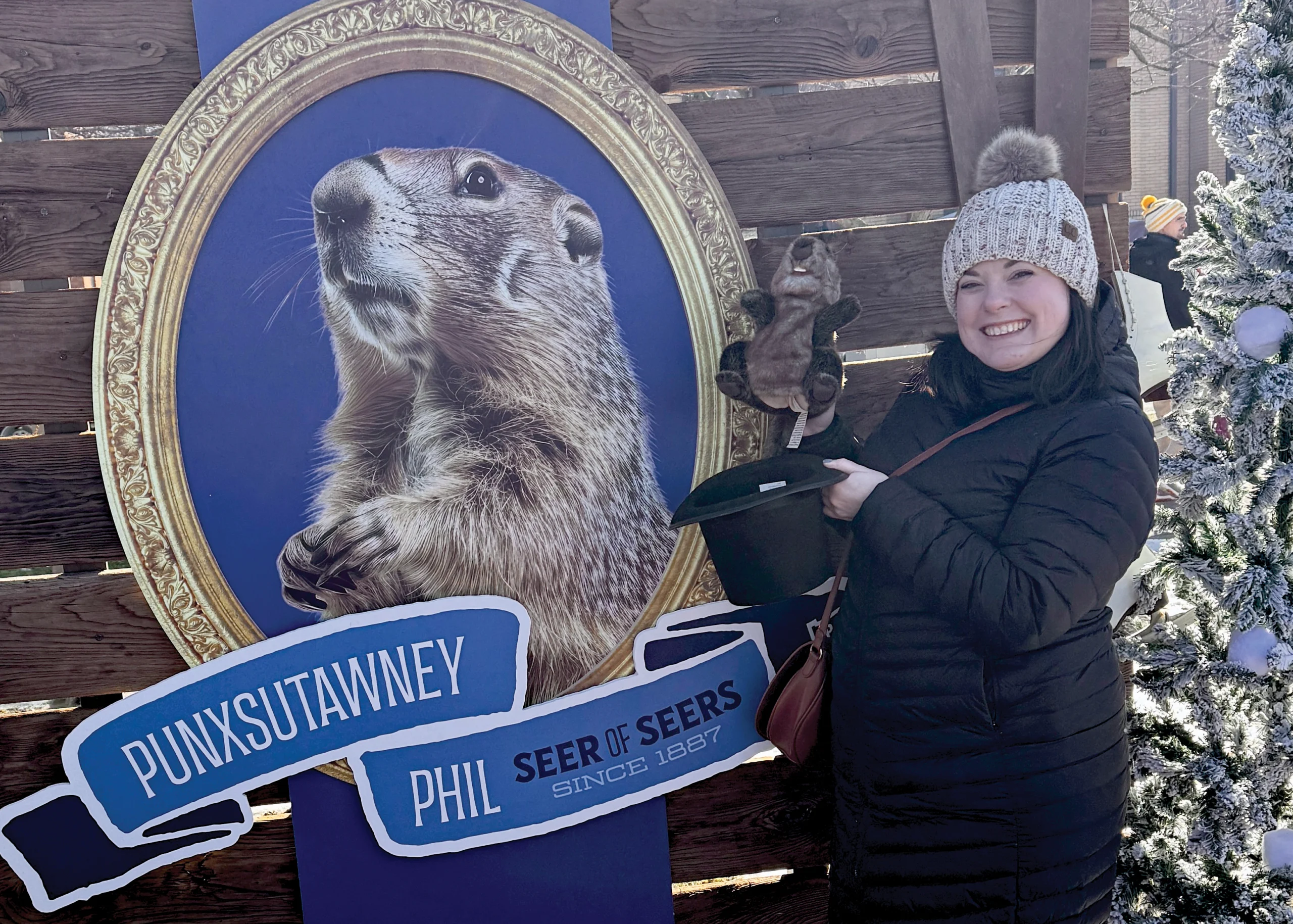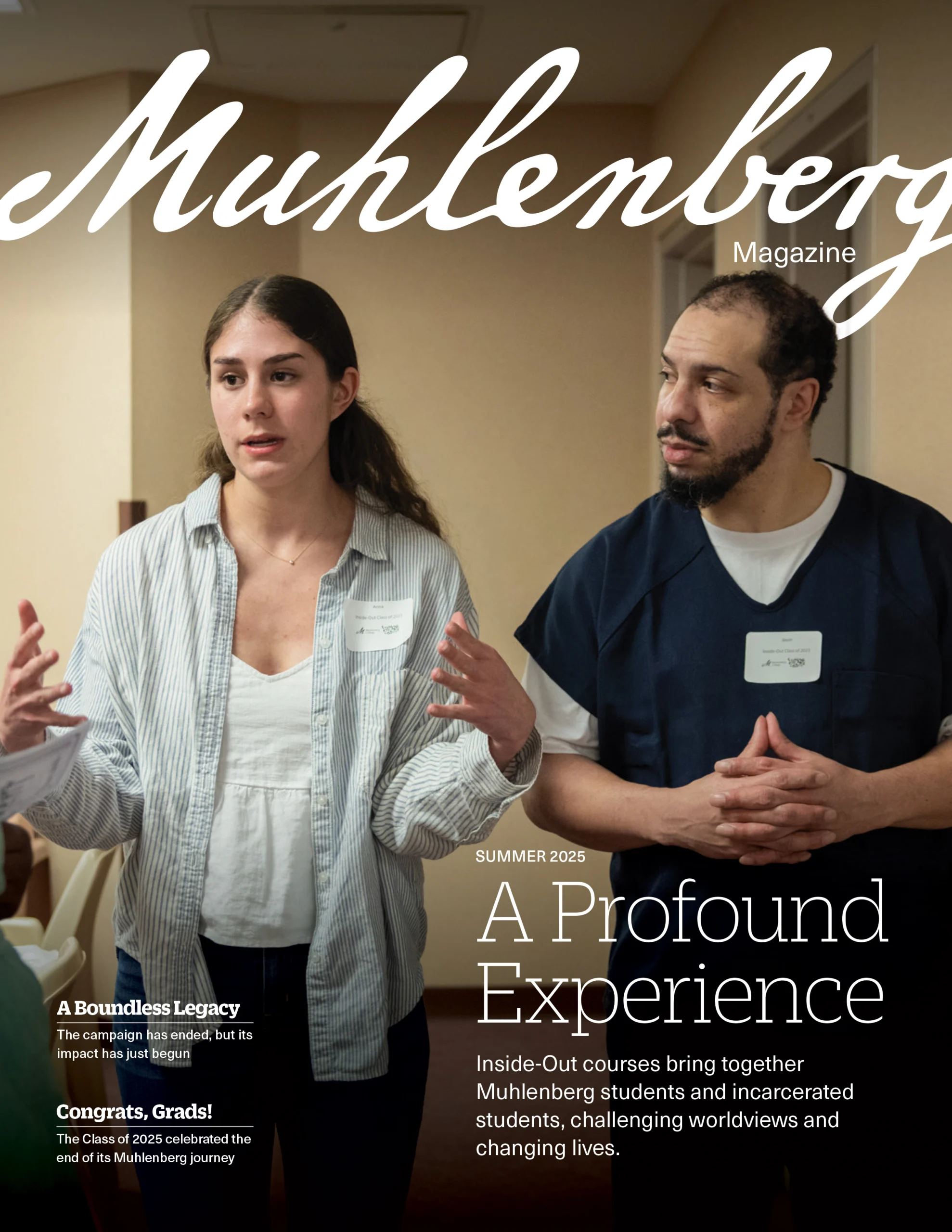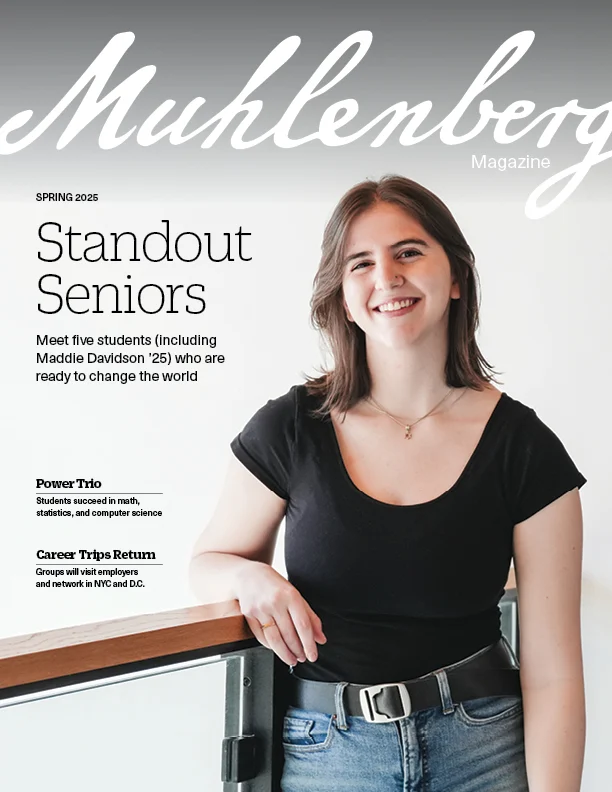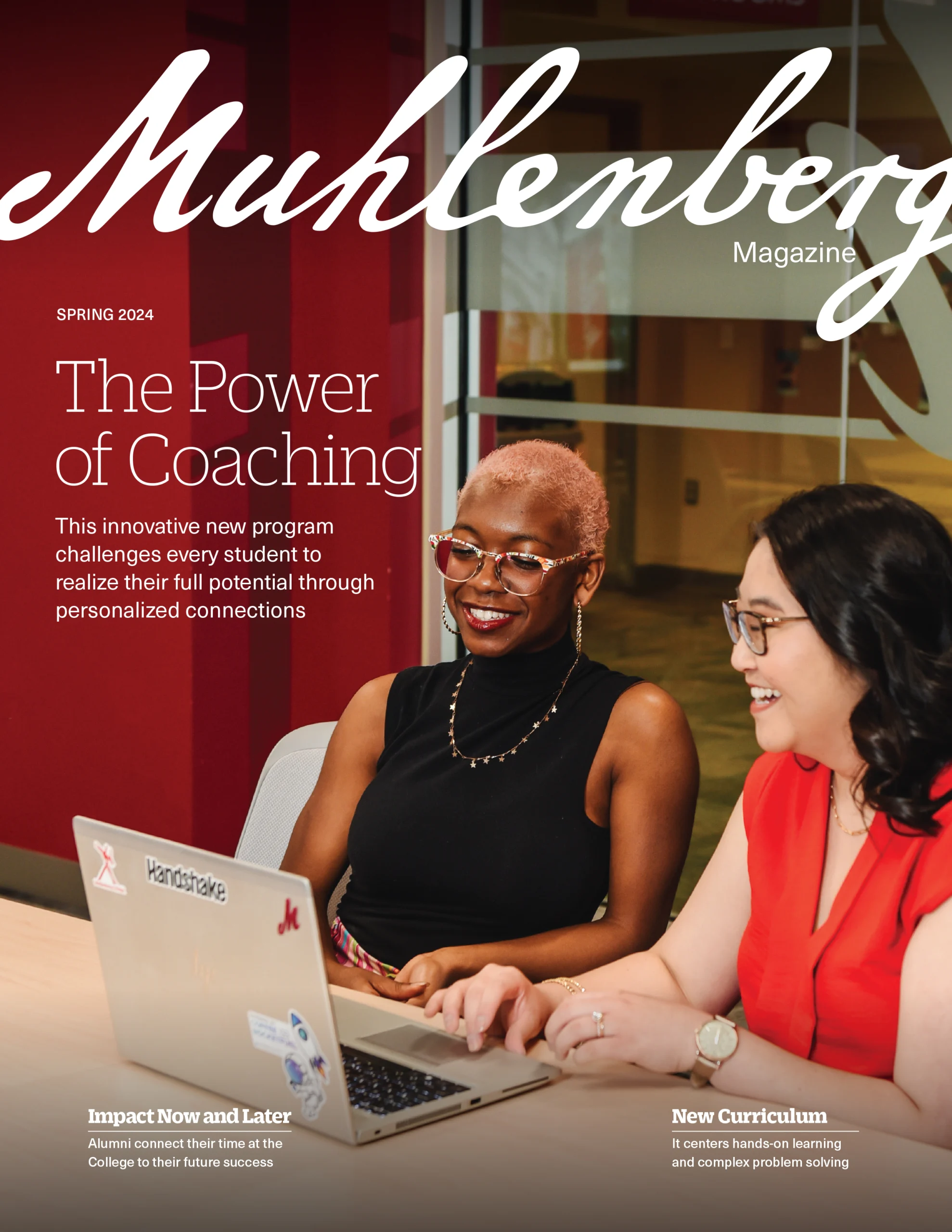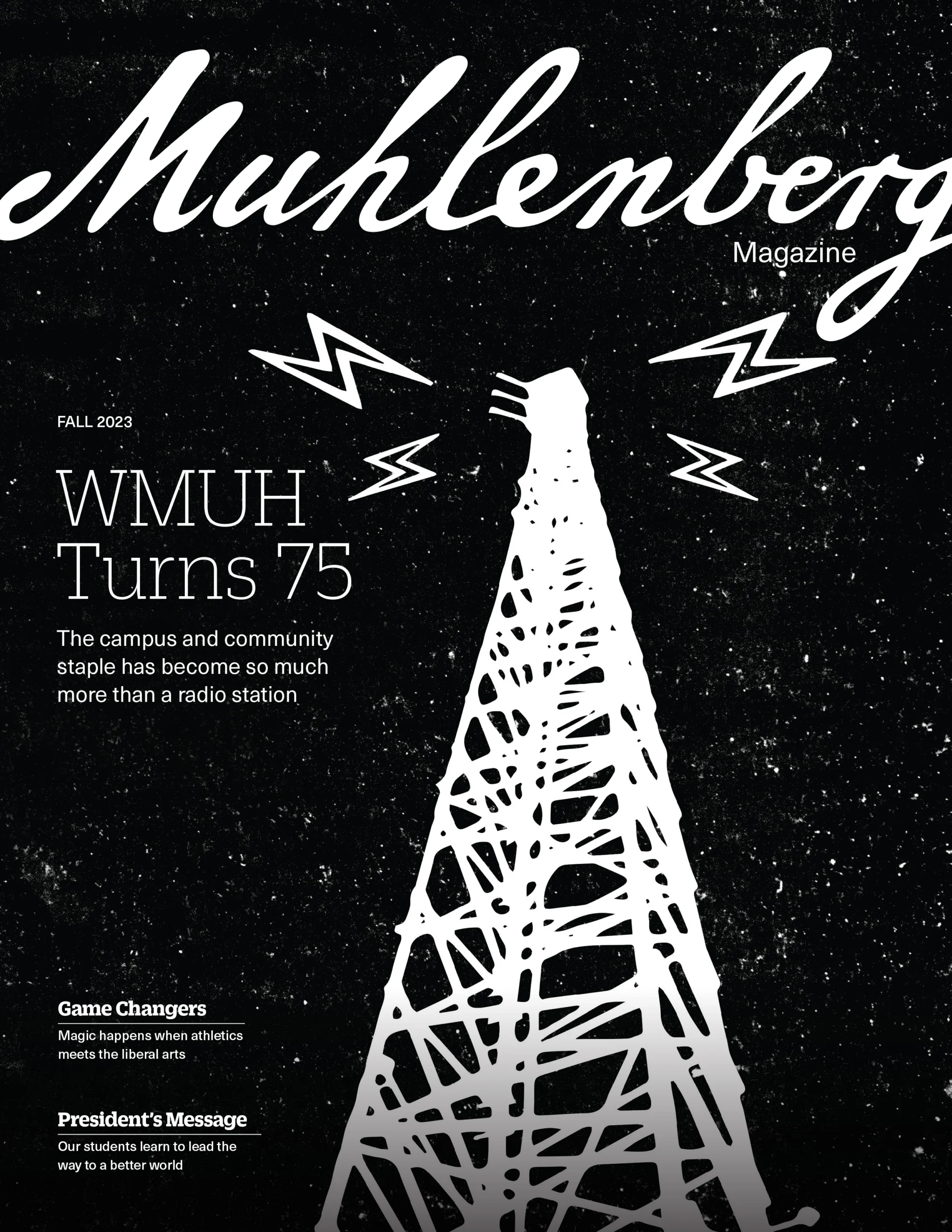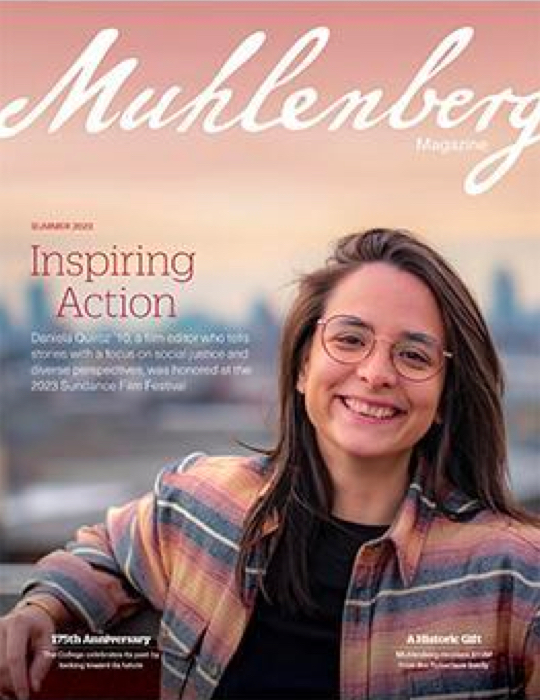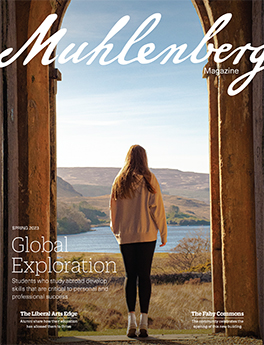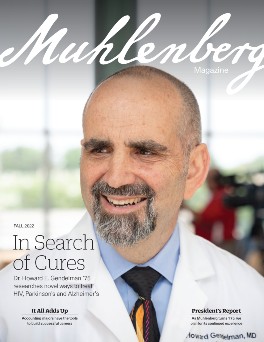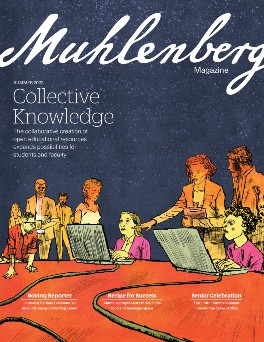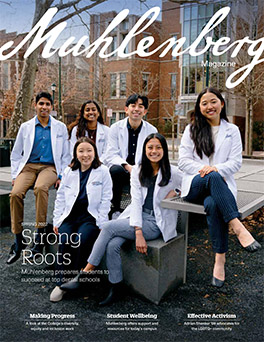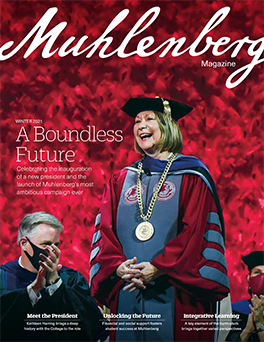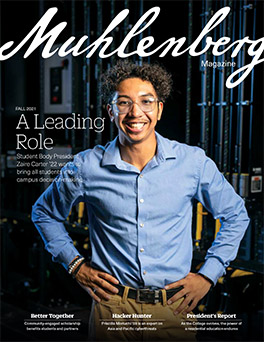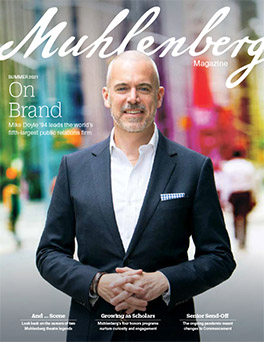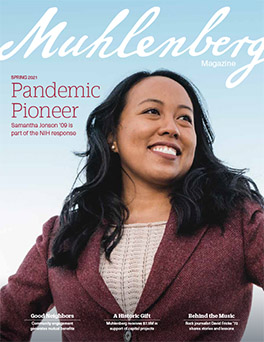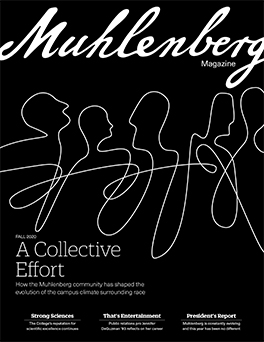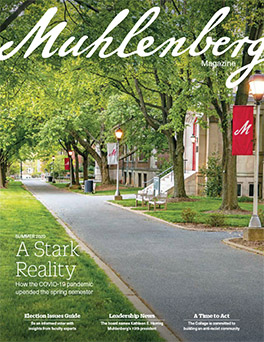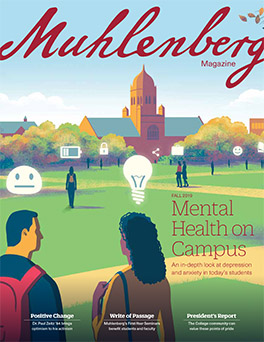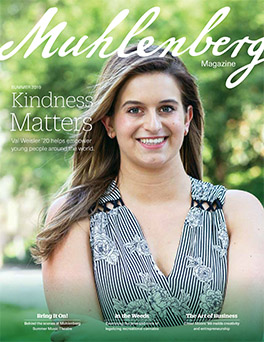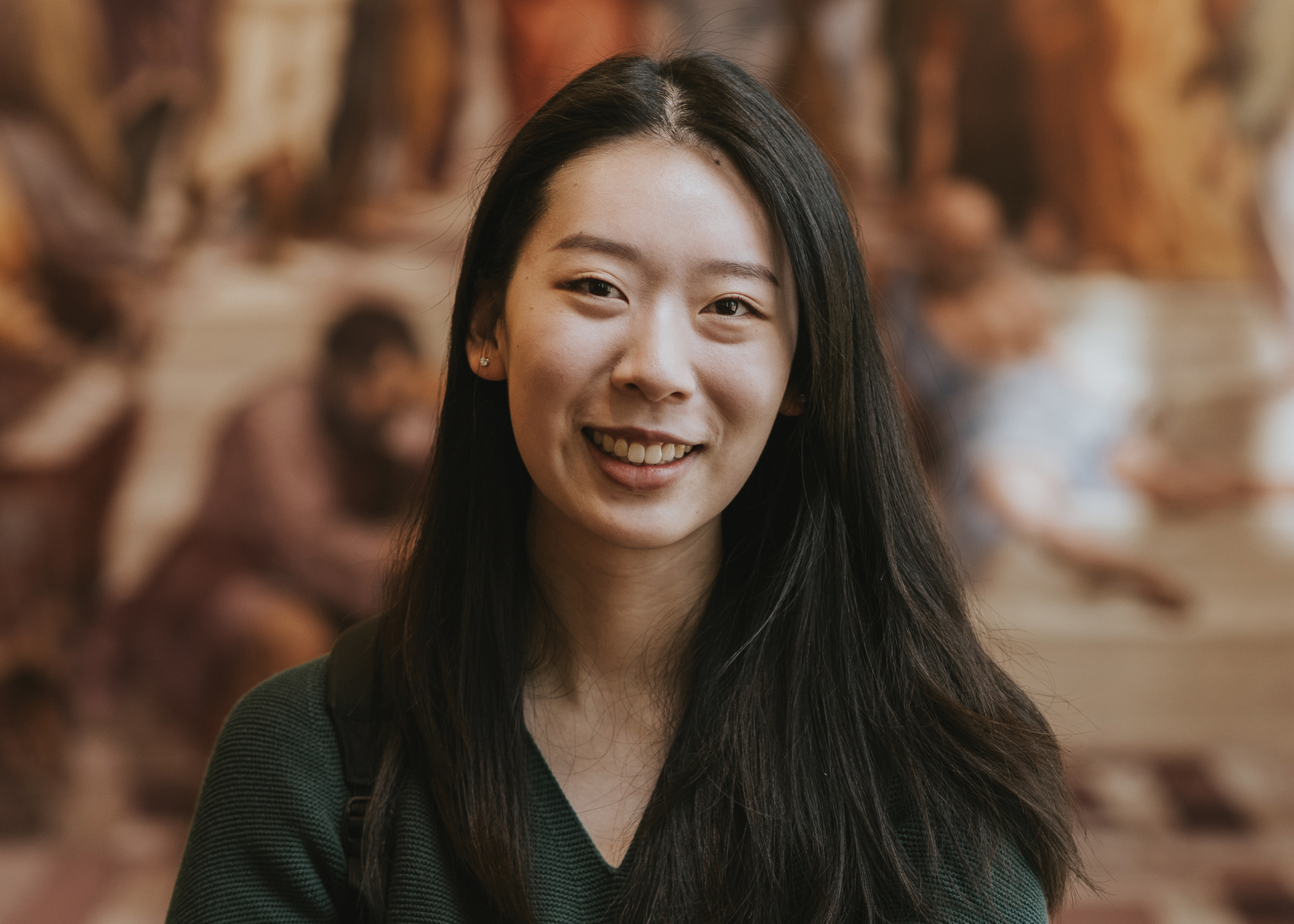
Shu Tang ’23
Tang, an international student from China and a philosophy and sustainability studies double major, was drawn to Muhlenberg for the liberal arts promise of being able to explore different disciplines.
Update: As of July 2024, Tang was a master’s degree candidate in the sustainability management program at Columbia University.
As part of the Community Sustainability in Costa Rica course, Shu Tang ’23 had the opportunity to conduct research in the small town of Las Juntas for two weeks after the semester ended. Her group interacted with 10 businesses to better understand the opportunities and challenges at the intersection of the local economy and the environment. For example, the gold mining industry anchors the town’s economy — the workers’ presence keeps other businesses in business. But the mining itself is detrimental to the health of the workers and the environment.
“From that experience I learned that, to be able to bring positive and sustainable change to the world, we really need interdisciplinary information and knowledge,” says Tang, a philosophy and sustainability studies double major. “Everything is so interconnected. If you alter one variable, everything will change.”
Tang, an international student from China, was drawn to Muhlenberg for the liberal arts promise of being able to explore different disciplines. She found philosophy first, in her first semester, taking Philosophy East and West with Professor of Philosophy Steven Coutinho. It appealed to her because it brought together so many different types of knowledge: cultural, historical, political. Her love of nature inspired her to take Environmental Philosophy next. It so interested her that she went to the course catalog to find other, similar offerings. Many of the courses that piqued her interest could be applied toward a sustainability studies major.
“I learned there is not only one way to approach environmental science,” she says. “I don’t have to master biology or chemistry in order to do sustainability. I could create a more sustainable and inclusive world through the humanities and social sciences.”
“To be able to bring positive and sustainable change to the world, we really need interdisciplinary information and knowledge.”
Tang’s senior thesis combines both her areas of study. It deals with the economic measurement and philosophical value framework in environmental decision making, and Associate Professor of Philosophy and Business Administration Dan Doviak is serving as her advisor: “Because this is independent research, everything is driven by you. As a student, I have to be disciplined,” Tang says. “One important lesson I learned from this research is proactivity and time management.”
This skill will serve Tang well in the future, as she pursues graduate studies in sustainability management. In her applications, she talks about her experiences in Costa Rica, where she learned how sustainable business practices can differ from one place to another. For example, in the United States, grocery stores carry products with certification labels to tout those products’ environmental friendliness. In Las Juntas, her group learned how local grocery stores source their products from local farmers.
“In developing countries, they don’t have access to standard global developed countries’ sustainability performance or practice models, but they can develop ways to make contributions to the local community and ecosystem,” she says. “In the future, I want to contribute to sustainability in developing countries. That’s where sustainability is really needed, especially in China. What I want to bring to the table is why we are doing this and how we can do it in a sustainable way.”

